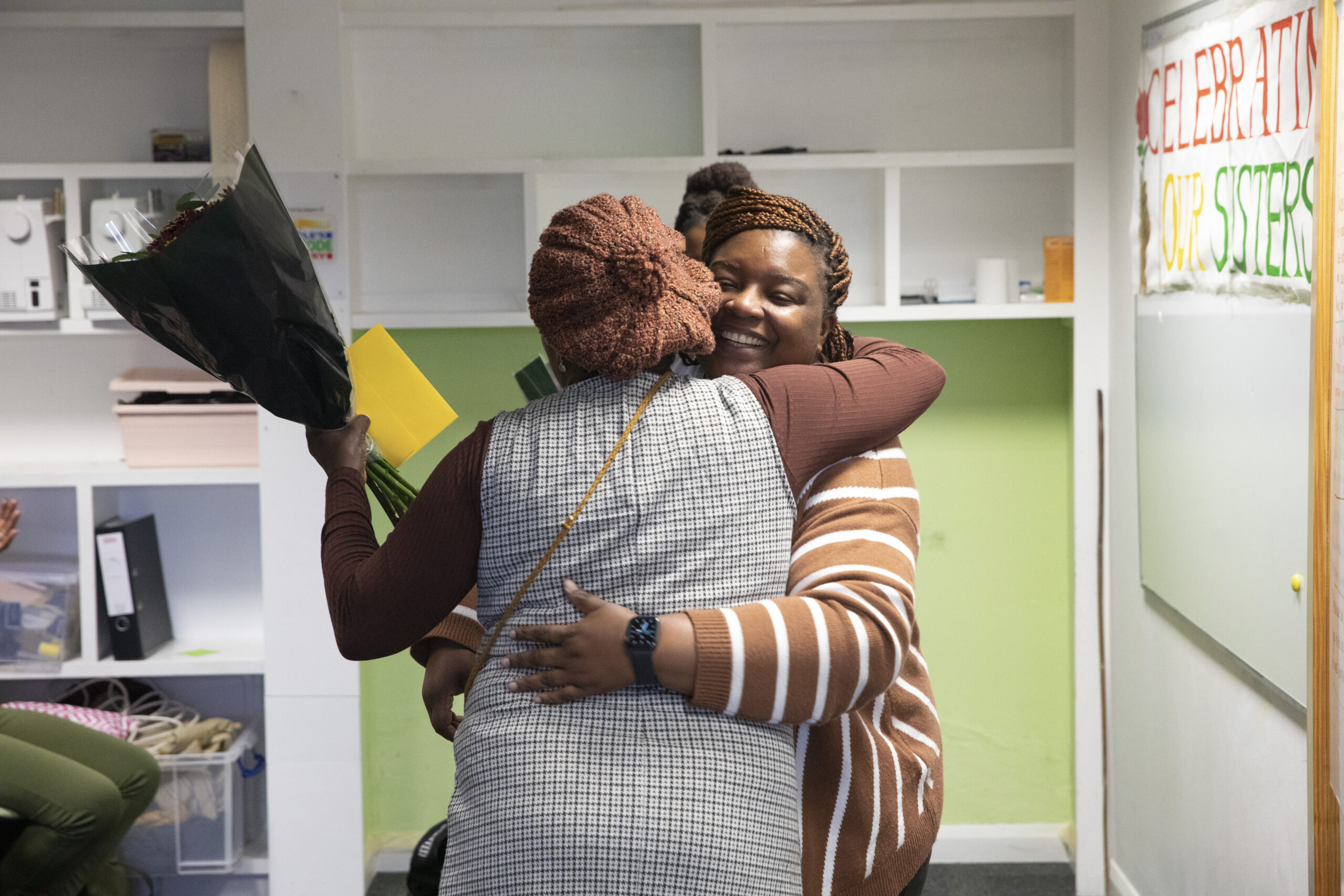By Baljit Banga, Hibiscus CEO
The simple answer to this question is that the government could be doing more to address violence against women and girls (VAWG). The Domestic Abuse Act 2021 was a major piece of legislation that addressed the following: an early intervention and violence prevention approach embedded across sectors and in education to address attitudes of normalisation of violence; increased reporting and improved policing responses to domestic abuse; and Part 4 Statutory Duty on safe accommodation introducing requirements for inclusive commissioning in local areas.
The Act fell short in providing a comprehensive response to ending violence against women and girls, funding for both specialist and by and for women’s frontline organisations and support to migrant women and women with No Recourse to Public Funds (NRPF). Following implementation of the Act, a dual strategy was created. The first was domestic abuse defined in the Act as a neutral approach which failed to recognise the disproportionate impact of VAWG on women and girls and ignored the need to safeguard provision for Black, minoritised and migrant women subjected to intersectional oppression and institutional and structural violence. This part of the strategy was supported by grant funding and tendering opportunities inviting all types of providers including non-VAWG organisations with no track record of delivering a VAWG or domestic abuse response to women and girls. The second was a VAWG strategy which recognised the need for grassroots women’s provision without a commitment in funding.
The Green Paper on Transforming Public Procurement which included the procurement of women’s refuge accommodation under the procurement model was introduced shortly after the Act. Public procurement poses the risk of decommissioning women’s refuges that are provided by women’s organisations in favour of more cost-effective models. Other areas of policy were also discussed by government including housing relying upon a housing cost model which ignored complexity and intersectionality. The overall response to VAWG has many risks: it displaces trauma-informed rights-based work developed under a feminist approach with cost effective measures; it creates open competition subjecting the specialist and by and for women’s sector to compete with big non-VAWG providers; and it limits and restricts safe access for Black and minoritised and migrant women as well as other groups of women with intersectional needs.
On 1st March 2022, the government launched a new public campaign called ‘ENOUGH’. The campaign aims to prevent violence against women and girls by shaping the attitudes that normalise and tolerate different types of abuse. We also call on government to address systemic discrimination and racism that disproportionately impacts Black and minoritised and migrant women when they report to Police, access the criminal justice system and other statutory services. Issues impacting specific groups of women are often ignored in national campaigns that are designed around single messages, or that target groups of women in adverse ways by focusing on the prevalence of violence in communities rather than viewing violence as a form of structural inequality embedded in patriarchy (sexism and misogyny). Responsive, reflective, and considerate messaging addressing the multi-layered forms of violence including institutional violence is needed in such campaigns.
The House of Lords scheduled to debate this issue on 29 June 2023. The debate looked at recognising the need to tackle violence against women and girls, data on the extent of violence against women and girls in the UK, their recent government policy and commentary on the governments approach to addressing the epidemic. Some of the key messages from the debate included:
- To successfully tackle VAWG, there needs to be comprehensive, multi-year funding made available to local commissioners to allow for long-term strategic planning and delivery of VAWG services, including prevention initiatives. One-off grants and short-term funding pots make it difficult for local commissioners to plan on a long-term basis or provide consistent, comprehensive services.
- There are key differences and risk factors associated with different types of VAWG, and this is important in how they can be tackled and prevented. Many of the factors that affect an individuals’ risk of violence arise through their circumstances and experiences in early life. Therefore, a life course approach to understanding and tackling VAWG is needed.
We feel the following is needed as part of a comprehensive response:
Sustainable grant funding solutions for rights-based women’s organisations including both specialist and by and for and full recognition that the public procurement framework is not the correct framework to fund this work.
Inclusion of a resourcing commitment to the above in the comprehensive spending review.
Full endorsement of the Istanbul Convention by endorsing Articles 4(30) and 59 to support migrant women and their application to apply for residence status independently of their partners/spouses.
The inclusion of services to support migrant women and women with NRPF in all initiatives addressing VAWG.
An end to the detention of migrant women exploring alternative community-based initiatives alongside appropriate support and a more humanitarian system-wide response.
Comprehensive Equality Impact Assessment with full compliance to the Public Sector Equality Duty ensuring the participation of women in local needs assessment.
A move from risk assessment to needs-based trauma-informed approaches building from the expertise of women specialist and by and for organisations.
The government has introduced some initiatives to address violence against women however a comprehensive approach addressing structural and systemic barriers is still needed. The need for a more effective response addressing gaps in policy for migrant women trapped in the criminal justice and immigration systems remains a significant concern.







